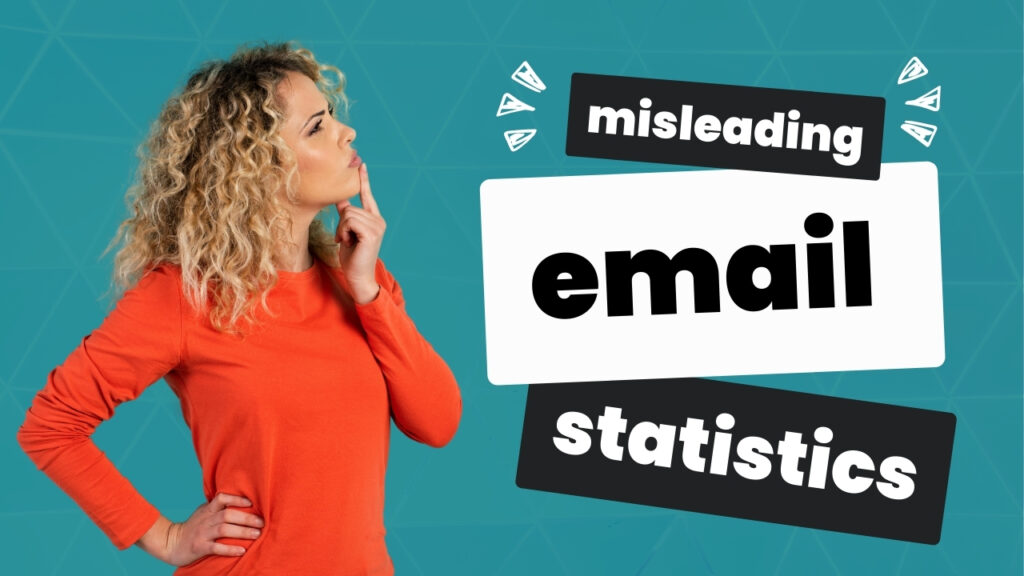Have you ever seen a landing page that tried to turn you into a lead while simultaneously telling you they aren’t going to sell you the thing you’re searching for?
No?
Me either. At least, not until I stumbled across this investment company’s page.
At first glance, it looks just like any other lead-gen landing page. But, when you take a closer look at the copy, things get interesting.
Press play on the video below to see this special anti-sale landing page.
Transcript:
Have you ever seen a landing page that tried to turn you into a lead while simultaneously telling you they’re not going to sell you the thing you’re actually looking for?
Me either. At least, not until I came across this landing page from an investment company.
Hi, I’m Paige from The Impact Copywriter, and I help founders and marketers run higher-converting campaigns by focusing specifically on their marketing messages, or as we call it, the copy.
Today I’m going to share a landing page example with you that I came across while I was doing competitor messaging research for a client. At first glance, this landing page looks just like any other lead-gen landing page. That is, until you start actually reading the copy.
Let’s take a look.
This is the landing page in question. How I came across this page is that I was doing some competitor messaging audits for a client. This campaign was driven by a Google search ad. So I searched for “guaranteed annuity rate” and pulled up a few of the ad results that came up at the top of the page. This was one of them.
Like I said, at first glance, this looks just like any of the other landing pages that showed up in the search. There’s quick information about annuities and then a lead form that asks you for information so that they can contact you and discuss your investment options.
The interesting part about this landing page is a little bit further down.
If we scroll to the “about annuities” section… (and let me zoom in here so you can see it in a larger font) if you read this section in the second paragraph, you will see Fisher Investments does not sell annuities. Keep in mind that’s what I searched for. That’s what all of the messaging on this page is about.
It says: “We never have and we never will. Why? We believe anything you can do with an annuity can be done better with other investment vehicles.”
So you can see here people are searching for annuity rates and this landing page is meeting that expectation. It’s collecting their information so that a financial advisor can reach out and discuss their investment options. But if we actually dig into the body copy, they don’t sell annuities.
You’re not going to realize that as a visitor to this page unless you read all of the copy and get to this section. Because the page is written from the standpoint of meeting the visitor’s expectation about finding information for annuities.
With that in mind, we can go back to the hero and then start to see that there is a little bit of a tone of skepticism or this feeling of them not being a huge fan of annuities. But it’s very subtle.
You can see here in the body copy underneath the headline: “we are wary of annuities which often claim safe or guaranteed income, and we’re here to help you make an informed decision to determine if an annuity will benefit your unique financial situation.” There’s a little bit of skepticism here with “we are wary.”
In the second bullet point, “see how much guaranteed income for life could cost you in annuity fees.” Again, we have the the term cost, so there’s a little bit more of a negative tone here.
In the third bullet point, they’re going to “break down the fine print in annuity contracts.” A lot of times when we talk about fine print, there is a negative connotation. That’s also true here. They’re subtly communicating that there are some sneaky things going on in the fine print of annuity contracts.
And in our last bullet point, we have the word “tradeoffs,” which is usually a negative word. Of course, it depends on context, but in this case, it can be perceived as slightly negative.
What I think think is incredibly interesting about this page is the fact that I, as the visitor, am searching for annuity information.This page is meeting that expectation while simultaneously saying that they’re not going to sell me an annuity and that they have better investment options.
What else is interesting about this page is that fact is very subtle. You get a sense of it when reading some of the body copy at the top. But the rest of the page, if you’re just skimming, seems like you’re going to talk to someone about your annuity investments, about about choosing annuities.
Annuity is woven into all of the major real estate on this landing page: in the hero, in our heading above the form, in our crossheads for exclusive annuity insights, and in all of these blog posts that are specific to annuities.
And if we scan the FAQ section, we can see that it’s so subtle they don’t even include it as a FAQ. I could see the temptation to want to add an FAQ to this page that’s to the effect of “why does Fisher Investments not recommend annuities?” But they don’t talk about it. So it’s a very subtle statement that they’re making about not selling annuities.
I imagine this is intentional because, when people land on this page, they’re interested in annuities. This page is using, what I believe Marie Forleo calls, the Trojan Horse method. It’s where you meet people with the expectation they have and then through your sales process or funnel or whatever experience the visitor goes through, you start to introduce what’s actually the most beneficial solution for for the prospect. You have to pull them in first before doing any reframing.
Keep in mind, I have no idea how well this landing page is performing or even if the strategy is working. But it certainly is an interesting test.


